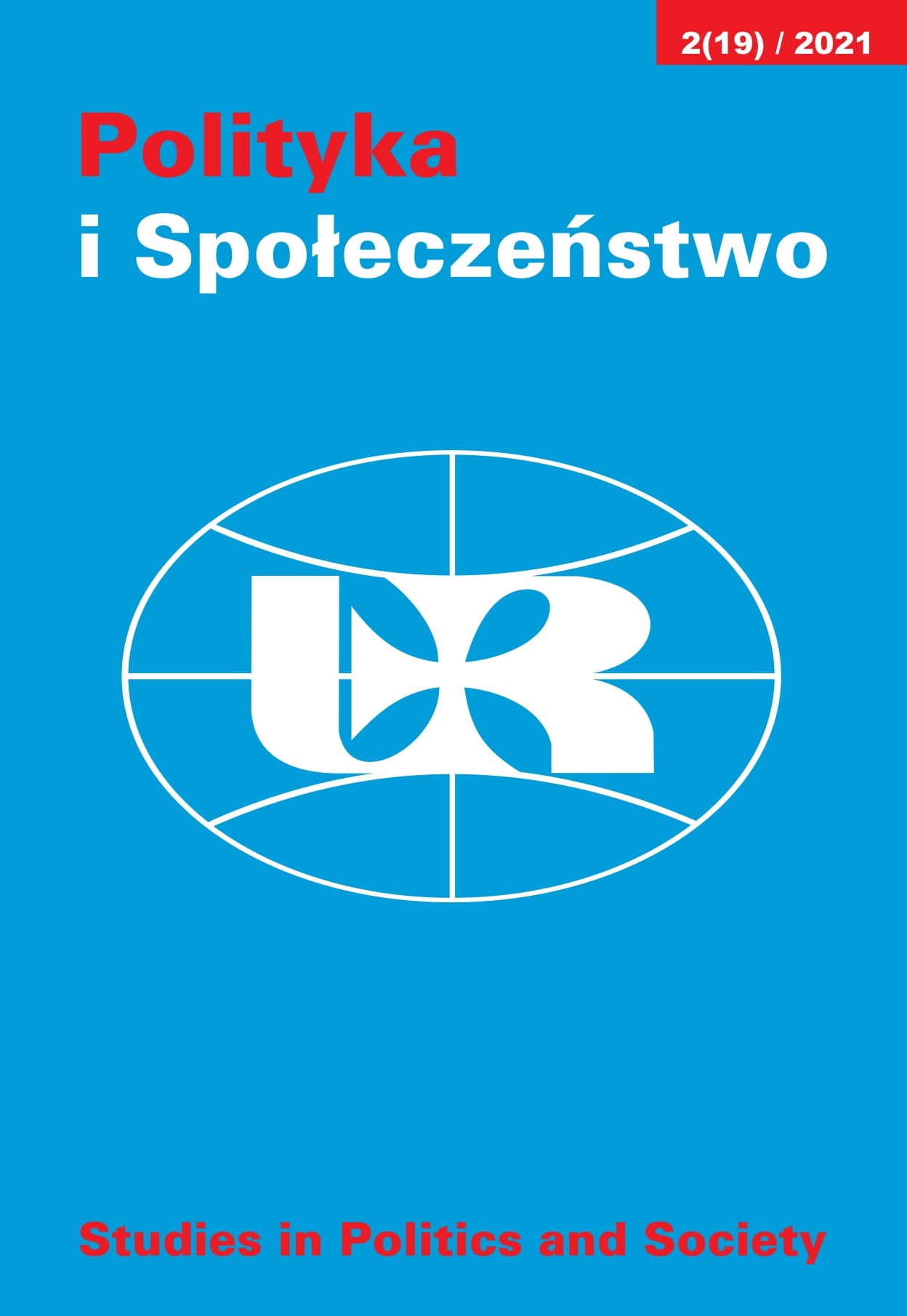The position of Afghanistan on the adoption of international protection of human rights, part I: 1919–1973
From the regaining independence to the fall of the Kingdom of Afghanistan
DOI:
https://doi.org/10.15584/polispol.2021.2.2Keywords:
Afghanistan, sharia, human rights, international law, pashtunwaliAbstract
The article is the first part of studies showing Afghanistan’s path towards adopting international instruments to protect human rights. Based on acts of national law, Sharia law, and historical sources, the text analyses the conditions that, from the time of regaining independence to the fall of the Kingdom of Afghanistan, led the State to accept or reject international human rights agreements. The structure of the article corresponds to the research objectives, which are: to show the codification of human rights in the internal legal order right after regaining independence, the role that Sharia and Pashtunwali played in the adoption of international human rights acts, the attitude of Afghanistan to these instruments in the context of the internal political situation of the State. Special attention was paid to the understanding of human rights in Nizam Nama-e-Dowlat Alliyeh Afghanistan, Osol-e-Assasi Dowlat-e-Allia-e- Afghanistan, Assasi Qanun, Pashtunwali, the conflict of Sharia law with international law concerning the equality of women, freedom from torture and inhuman, degrading treatment, right to life and religious freedom, analysis of changes in the political arena of the State.
Downloads
Published
How to Cite
Issue
Section
License
Copyright (c) 2021 Studies in Politics and Society

This work is licensed under a Creative Commons Attribution-ShareAlike 4.0 International License.


